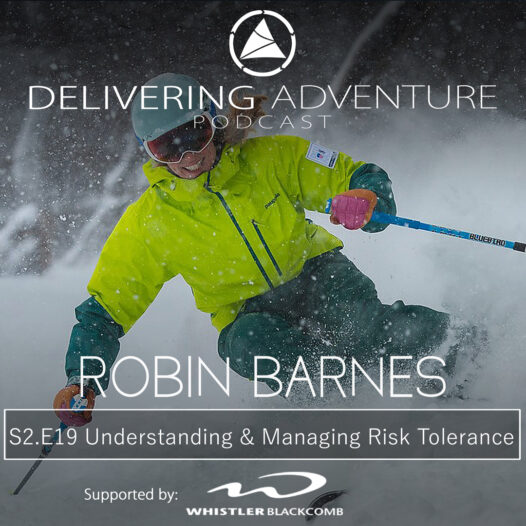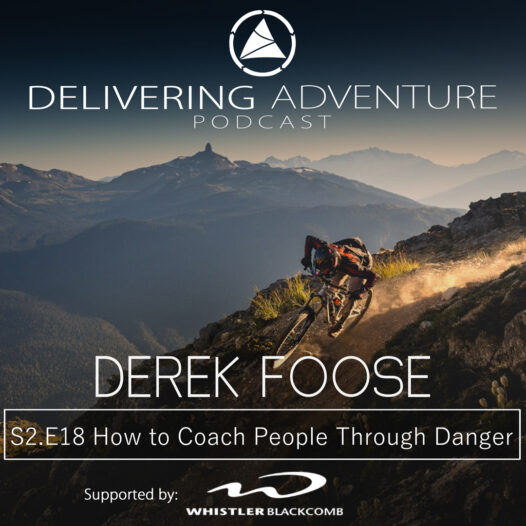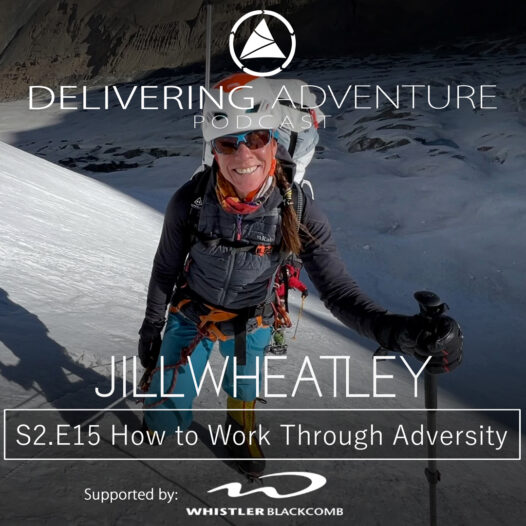Designing Adventure Experiences with Chris WinterHow do you design adventure experiences for success? It is east to plan big adventures but getting them to be epic for the right reasons isn’t always as easy as it looks. This is especially true when...
Case Study: Planning for Mishap with Will GaddAdventures have risks. It doesn’t matter how much you plan, or how well you manage situations, if you are having an adventure, something can go wrong. It is impossible to make adventures 100% safe. If...
Mastering Physical Self Care with Sarah JaninWhen it comes to delivering adventure, you will only go as far as your body allows. The challenge for many of us is that in our quest for adventure we can neglect our own self care.When this happens our...
Understanding & Managing Risk Tolerance with Robin BarnesOne of the essential elements to managing risk when we are delivering adventure to others, is understanding and managing people’s risk tolerance. Our risk tolerance is the level of comfort...
How to Coach People Through Danger with Derek FooseWhat does it take to coach someone through danger? When it comes to taking risks, danger can come in the form of real and perceived threats to our safety and well being. Regardless of whether the...
Increasing Situational Awareness with Jerome DavidHow can we improve our situational awareness so that we don’t miss important information? Situational awareness is the ability to perceive, understand, and effectively respond to one’s situation...
Building an Adventure Company with Chris WinterWhat does it take to build and operate a successful adventure company? In this episode, Chris Winter joins Chris and Jordy to discuss how he has built Big Mountain Adventures, from the ground up. Chris...
S2.E15: How to work through adversity with Jill WheatleyWhat does it take to work through adversity? What happens when that adversity is coming from an injury that has transformed our life? These are two of the questions that Jill Wheatley helps us...
Case Study: Communicating Under Stress with Erin TierneyHow should a leader communicate to people when they are under stress? One of the hardest situations that a leader can find themselves in, is managing a group that isn’t doing what the leader...
Knowing When to go for it with Mike Adolph How can we ever know when we should turn back or keep going? On paper, the safest decision to make is often to turn around or choose the route that takes on less risk. However, in reality, delivering...












